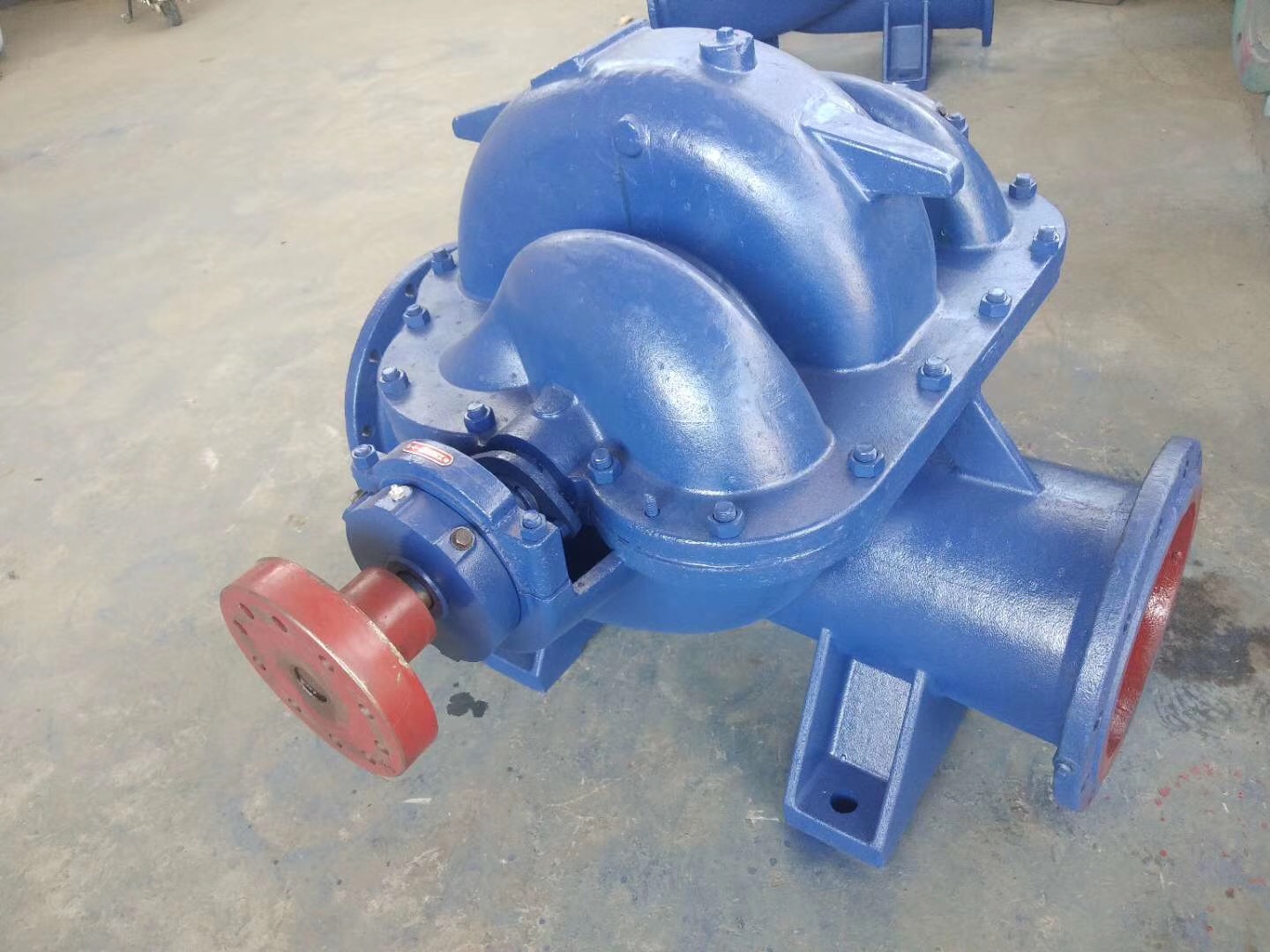Tatar
- Afrikaans
- Albanian
- Amharic
- Arabic
- Armenian
- Azerbaijani
- Basque
- Belarusian
- Bengali
- Bosnian
- Bulgarian
- Catalan
- Cebuano
- Corsican
- Croatian
- Czech
- Danish
- Dutch
- English
- Esperanto
- Estonian
- Finnish
- French
- Frisian
- Galician
- Georgian
- German
- Greek
- Gujarati
- Haitian Creole
- hausa
- hawaiian
- Hebrew
- Hindi
- Miao
- Hungarian
- Icelandic
- igbo
- Indonesian
- irish
- Italian
- Japanese
- Javanese
- Kannada
- kazakh
- Khmer
- Rwandese
- Korean
- Kurdish
- Kyrgyz
- Lao
- Latin
- Latvian
- Lithuanian
- Luxembourgish
- Macedonian
- Malgashi
- Malay
- Malayalam
- Maltese
- Maori
- Marathi
- Mongolian
- Myanmar
- Nepali
- Norwegian
- Norwegian
- Occitan
- Pashto
- Persian
- Polish
- Portuguese
- Punjabi
- Romanian
- Russian
- Samoan
- Scottish Gaelic
- Serbian
- Sesotho
- Shona
- Sindhi
- Sinhala
- Slovak
- Slovenian
- Somali
- Spanish
- Sundanese
- Swahili
- Swedish
- Tagalog
- Tajik
- Tamil
- Tatar
- Telugu
- Thai
- Turkish
- Turkmen
- Ukrainian
- Urdu
- Uighur
- Uzbek
- Vietnamese
- Welsh
- Bantu
- Yiddish
- Yoruba
- Zulu
Telephone: +86 13120555503
Email: frank@cypump.com
Авг . 17, 2024 19:24 Back to list
Chemical Metering Pumps for Efficient Water Treatment Solutions
Chemical Feed Pumps in Water Treatment An Overview
Water treatment is an essential process that ensures the safety and quality of the water we consume and utilize for various applications. One of the critical components of effective water treatment is the use of chemical feed pumps. These specialized pumps play a vital role in the precise dosage and distribution of various chemicals used in water purification processes. This article explores the functions, types, and significance of chemical feed pumps in water treatment.
Understanding Chemical Feed Pumps
Chemical feed pumps are mechanical devices designed to accurately inject chemicals into water systems. The primary purpose of these pumps is to ensure that the correct amount of chemicals is distributed throughout the water treatment process. The types of chemicals commonly used include disinfectants like chlorine, coagulants like alum, and pH adjusters like hydrochloric acid. These chemicals are essential in enhancing water quality, making it safe for consumption and use.
Importance in Water Treatment
The effectiveness of water treatment systems heavily relies on the accurate dosing of chemicals. Chemical feed pumps are crucial in maintaining optimal concentrations of treatment chemicals, thus ensuring that water meets safety standards. If the dosage is too low, harmful pathogens may survive, leading to waterborne diseases. Conversely, excessive chemical dosing can result in secondary pollution and health risks. Therefore, precision in chemical feed systems is paramount.
Types of Chemical Feed Pumps
Chemical feed pumps come in various types, each suited for specific applications. The most common types include
chemical feed pumps water treatment

1. Diaphragm Pumps Known for their reliability and precision, diaphragm pumps use a flexible diaphragm to create suction and pressure, effectively moving chemicals through the system. They're capable of handling corrosive materials, making them ideal for chemical dosing.
2. Peristaltic Pumps These pumps use a rotating mechanism to compress a flexible tube, pushing the fluid forward. They are versatile and can handle a wide range of chemicals, making them popular in water treatment facilities.
3. Gear Pumps These positive displacement pumps utilize interlocking gears to move fluids. They are efficient for pumping viscous solutions and are often used when chemical viscosity is a concern.
4. Positive Displacement Pumps Characterized by their ability to deliver a fixed quantity of fluid with each cycle, these pumps are known for their accuracy and are suitable for highly controlled environments.
Operational Considerations
When selecting a chemical feed pump for water treatment, several factors must be considered. The chemical properties (viscosity, corrosiveness, and pH), flow rates, and pressure requirements are crucial. Additionally, maintenance and ease of use are vital to ensure long-term reliability and efficiency. Operators must also monitor and calibrate the pumps regularly to maintain accuracy and prevent malfunctions.
Conclusion
Chemical feed pumps are indispensable in modern water treatment systems. They ensure the precise dosing of essential chemicals, significantly improving water quality and safety. As water treatment continues to evolve, the role of these pumps becomes increasingly significant in meeting regulatory standards and safeguarding public health. The continued innovation of pump technology will further enhance the efficacy and sustainability of water treatment practices, ultimately contributing to a healthier environment and society.
-
Heavy-Duty Mining Sludge Pumps - Wear-Resistant Slurry Handling
NewsAug.02,2025
-
Horizontal Split Case Pump with GPT-4 Turbo | High Efficiency
NewsAug.01,2025
-
ISG Series Pipeline Pump - Chi Yuan Pumps | High Efficiency, Durable Design
NewsAug.01,2025
-
Advanced Flue Gas Desulfurization Pump with GPT-4 Turbo | Durable & Efficient
NewsJul.31,2025
-
ISG Series Vertical Pipeline Pump - Chi Yuan Pumps | Advanced Hydraulic Design&Durable Construction
NewsJul.31,2025
-
ISG Series Vertical Pipeline Pump - Chi Yuan Pumps | Energy Efficient & Low Noise
NewsJul.31,2025










